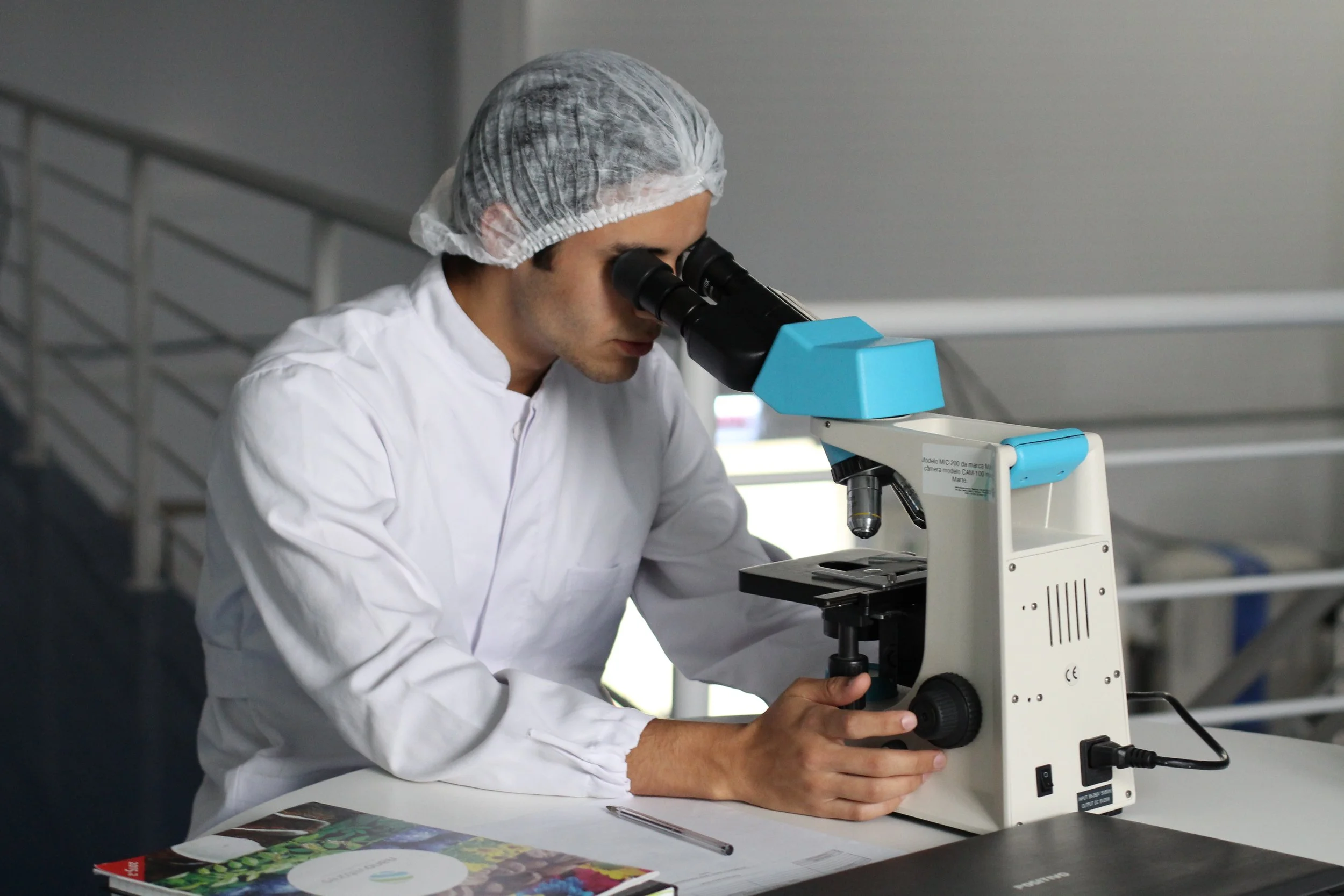Lifestyles have a big impact on health, and while many understand the importance of staying in shape and avoiding cigarettes in order to prevent the development of cancer, genetic risk factors for colon cancer often go unchecked.
The factors that determine a person’s risk for developing colon cancer are typically aligned with a combination of their genetics and their environment, and understanding these factors can result in early detection and increased chance of survival for patients with colon cancer.
The importance of early detection is paramount given that colon cancer is one of the most curable cancers in America. Despite this, colon cancer is also the second deadliest cancer in America. Seems contradictory, right? That’s because your chances of survival are oftentimes directly related to how early your colon cancer is detected.
Genetic factors play a huge role in determining whether or not someone is at increased risk of colon cancer, something that often leads to preventative screening and helps catch signs of cancer early. These are some genetic factors to be aware of when considering your risk of colon cancer.
#1 Personal History of Polyps
Whether or not you either have or are prone to adenomatous polyps (adenomas) is a good starting point to learning whether you may be at risk for developing colon cancer. While polys are usually benign tumors, if there are many of them, if they grow larger, or if they show signs of dysplasia, then they may become malignant.
#2 Personal History of Inflammatory Bowel Disease
If you have an inflammatory bowel disease such as Crohn’s or ulcerative colitis, you are at a higher risk of developing colon cancer. Because inflammatory bowel diseases irritate the and inflame the colon, over time the colon may develop dysplasia. Dysplasia describes the presence of abnormal cells, which may or may not be cancerous.
#3 Family or Personal History of Colon Cancer
Inherited genes and shared environmental factors sometimes mean that a person is at risk for developing cancer if someone in their family has had cancer. Colon cancer is not usually known to follow a family medical history, but 1 out of 5 people diagnosed with it have had someone in their family with the disease.
The risk increases if 1 or more of your first-degree relatives has had colon cancer, especially if before the age of 45. It also increases if there is a family history of polyps since they can lead to the development of colon cancer. Having a personal history of colon cancer also affects the likelihood of your cancer returning later in life, especially if it occurred while you were young.
#4 Having An Inherited Syndrome
Inherited genes sometimes also mean inherited gene changes, or mutations, which can lead to family cancer syndromes, such as polyps. About 5 - 10% of patients who develop colon cancer have an inherited gene change.
Some of these inherited syndromes include Familial adenomatous polyposis, Lynch syndrome, Turcot syndrome, Peutz-Jeghers syndrome, and MUTYH-associated polyposis.
#5 Race and Ethnicity
Although the reasons why are yet unknown, statistically, African Americans have the highest colon cancer incidence and mortality rates of all racial groups in the United States.
#6 Type 2 Diabetes
People with Type 2 diabetes are known to have higher risks for developing colon cancer. Although this may be because of the shared lifestyle risk factors, such as inactivity or obesity, statistics show that in general, people who suffer from Type 2 diabetes have a higher risk for developing colon cancer.
#7 Being Over 50
Though not always the case, people over 50 are generally more prone to getting colon cancer.
Being aware of your genetic composition and family history is very important in determining whether 1 or more of these risk factors apply to you. If so, it may be a good sign to book an appointment and see one of our colorectal specialists.

